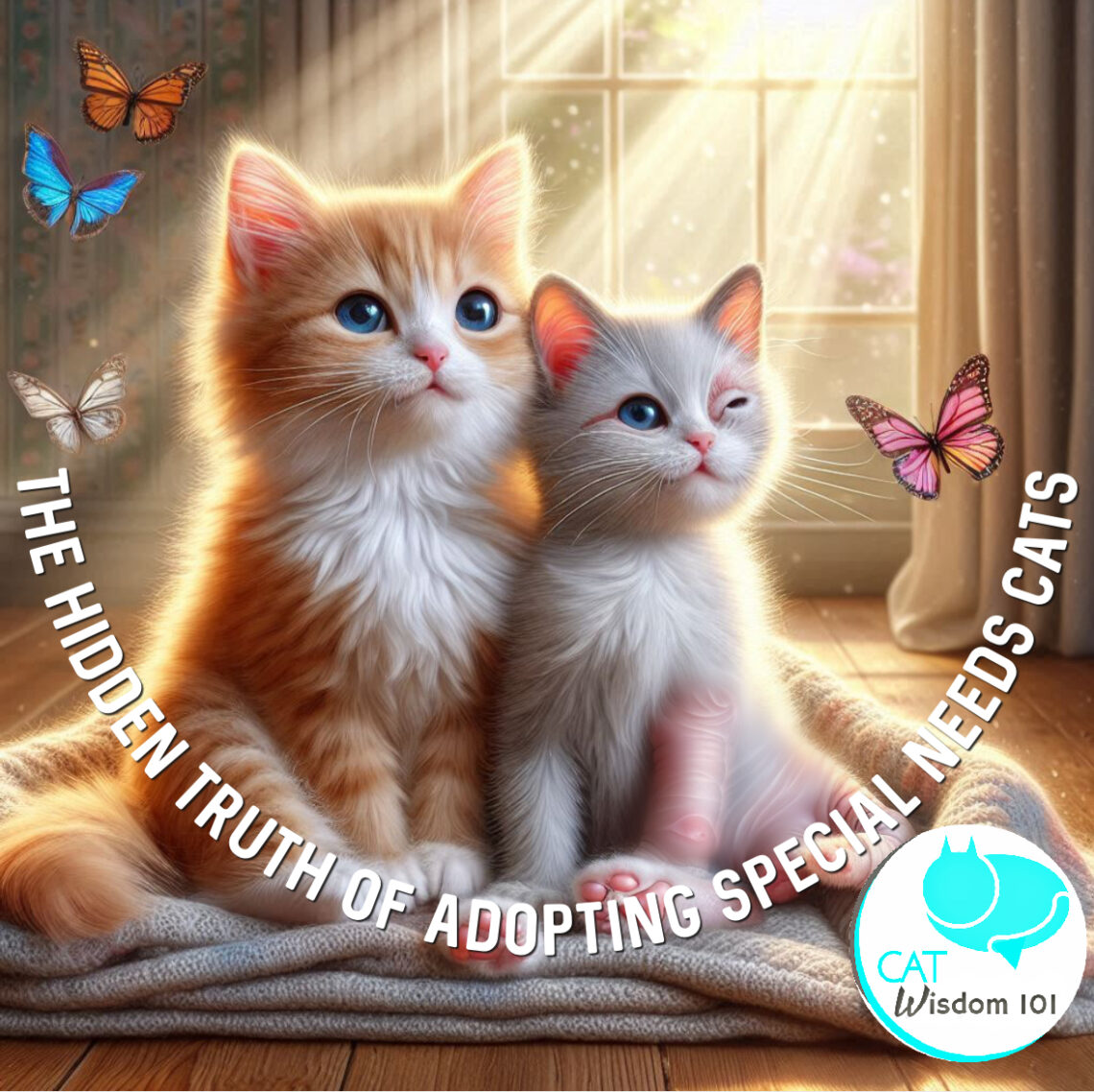
The Hidden Truth of Special Needs Cat Adoption: Expert Insights
Editor’s Note: This post: The Hidden Truth of Special Needs Cat Adoption, written two years ago, remained unpublished due to its controversial nature. Now, as cat adoption trends evolve, it’s time to share these expert insights. Let the chips fall where they may.
The Evolving Landscape of Cat Adoption in the Internet Age: A Cat Expert’s Perspective
In the era of social media and viral content, our relationship with cats has undergone a dramatic transformation. As someone who has lived and breathed the “cat world” for decades, I’ve witnessed this change firsthand and feel compelled to share my thoughts on its implications for cat adoption and welfare.
From Analog to Digital: The Changing Face of Cat Companionship
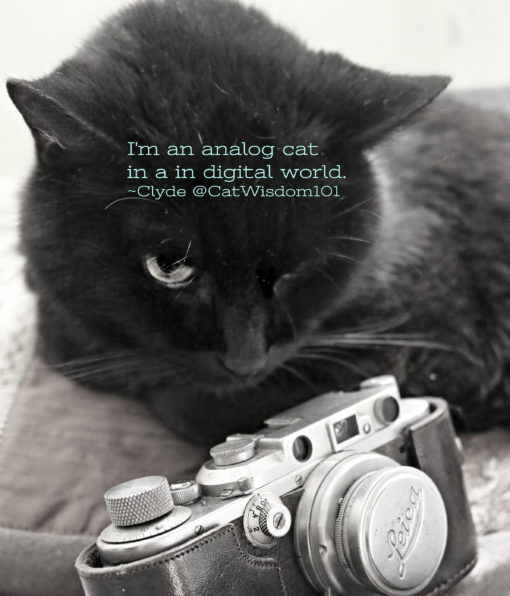
Before the internet’s ubiquity, my interactions with cats were intimate and undocumented. The occasional photograph was a rarity, and the idea of pursuing a cat for a “selfie” was as foreign as speaking Swahili.
Cats were simply enjoyed in the moment – played with, slept beside, and cherished without the pressure of capturing every interaction for posterity.
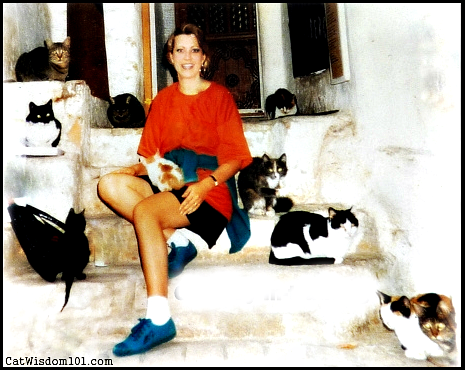
Looking back at the grainy images from those days, part of me wishes for better quality and greater quantity. However, nothing can diminish the vivid memories and stories accumulated over years of feline companionship. The essence of being a “cat lady” transcends photographic evidence – it’s a state of being that persists through time. And for me, it started early.
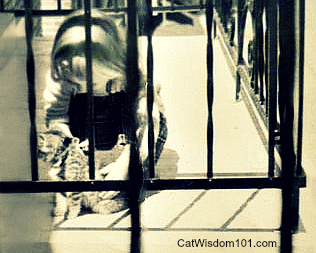
The Double-Edged Sword of Feline Fame
The internet age has ushered in an era of unprecedented cat visibility. Social media platforms overflow with cat content, from endearing memes to viral videos.
This heightened awareness has undoubtedly boosted adoption rates and brought attention to feline welfare issues. However, it has also created new challenges and ethical dilemmas within the cat community.
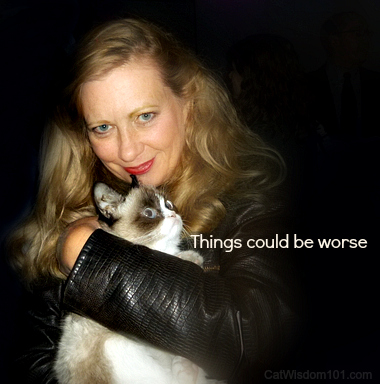
Famous cats with distinctive appearances or physical differences, like Grumpy Cat and Lil Bub, have played a significant role in raising awareness for “less adoptable” cats. Their popularity has helped challenge perceptions about what makes a cat desirable as a pet but at what cost?
Many of the celebrity cats I’ve known are no longer alive and I won’t speak ill of the dead or their owners. I will say I have chosen to no longer work with celebrity cats.
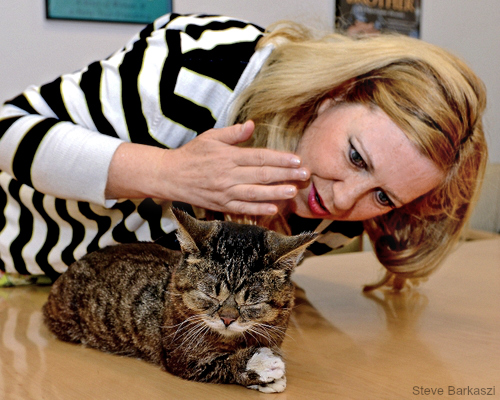
The Complexities of Special Needs Adoption
While I strongly advocate for the adoption of cats with special needs, including those who are blind, FIV-positive, or deaf, I believe it’s crucial to approach this topic with nuance and realism.
My many years of experience in cat rescue and rehabilitation have led me to form some potentially controversial opinions on the matter.
The Hidden Costs of Heroic Rescues
I’ve witnessed countless scenarios where severely ill or disabled cats are rescued and rehabilitated at great expense, often through crowdfunding campaigns. While these efforts come from a place of compassion, they raise difficult questions about resource allocation in the broader context of cat welfare.
Consider this: While social media rallies around a single cat with extraordinary medical needs, countless healthy cats – especially those with “ordinary” appearances – languish in shelters year after year. The disparity in attention and resources is stark and, in my view, problematic.
The Ethics of “Inspirational” Pets
There’s an undeniable trend of adopting cats with unusual conditions or appearances in hopes of gaining social media followers. While this can raise awareness, it sometimes feels uncomfortably reminiscent of the exploitative “freak shows” of bygone eras. We must ask ourselves: Are we truly serving the best interests of these animals, or are we sometimes prioritizing our desire for uniqueness and attention?
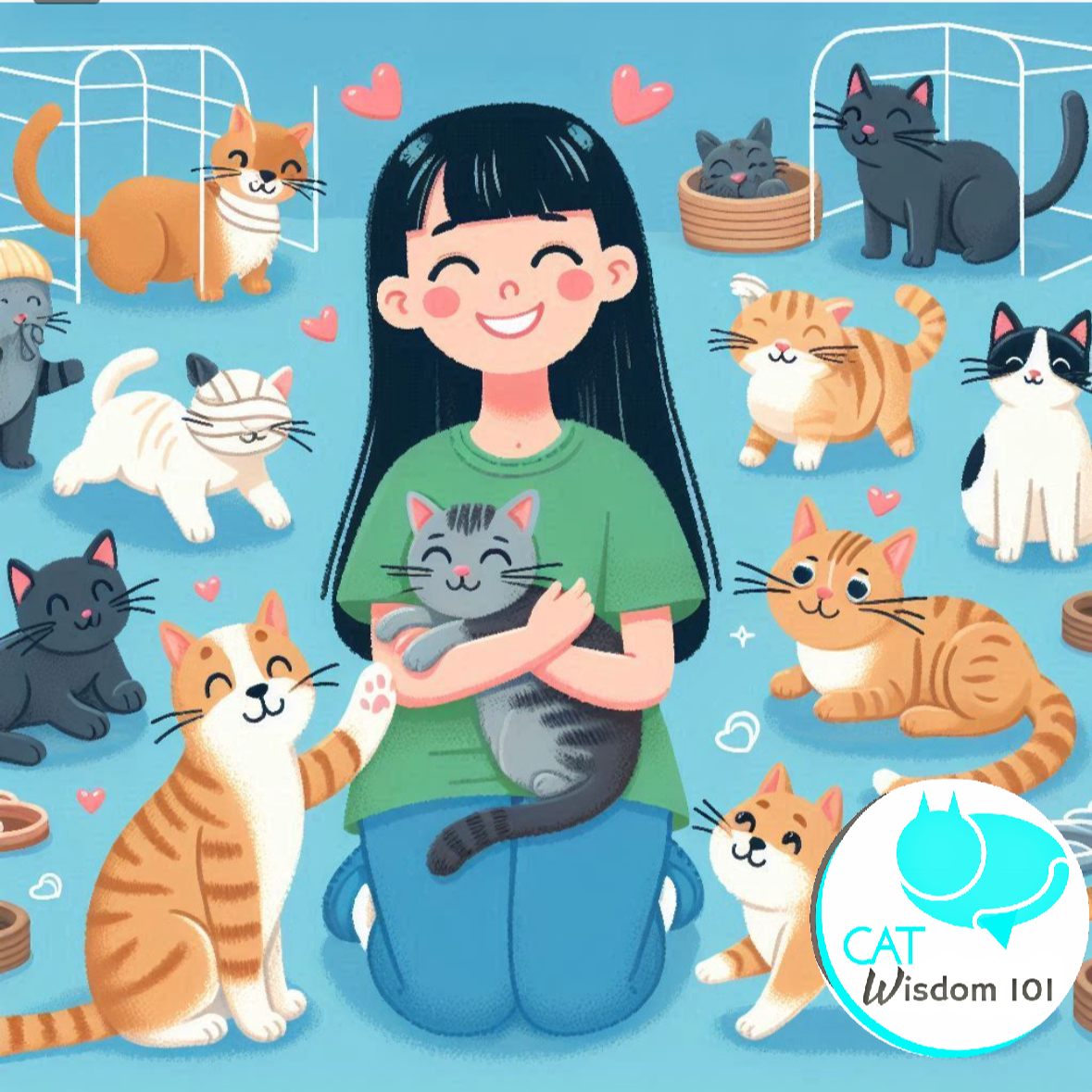
Assessing Quality of Life and Caregiver Capacity
Caring for a cat with extreme special needs demands an enormous investment of time, energy, patience, and financial resources. This commitment only intensifies when multiple cats are involved, each with their own potential health challenges.
It’s vital to remember that certain disabilities may worsen over time, and even the healthiest young cat will eventually face age-related issues. Most normal senior cats, for instance, are prone to dental problems, kidney disease, and cognitive disorders.
The Case for Senior Cat Adoption
One advantage of adopting senior cats is the clarity it provides – you have a good sense of their personality and health status from the outset. This can make it easier to assess whether you’re equipped to meet their needs for the remainder of their lives.
A Personal Reflection on Special Needs Adoption
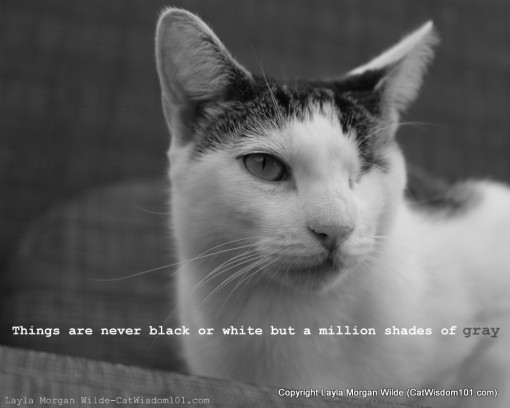
My experiences with special needs cats have been mixed. My one-eyed cat, Odin, leads a supremely healthy and happy life at age 14. His missing eye has no impact on his ability to hunt, climb trees, or enjoy a full feline existence.
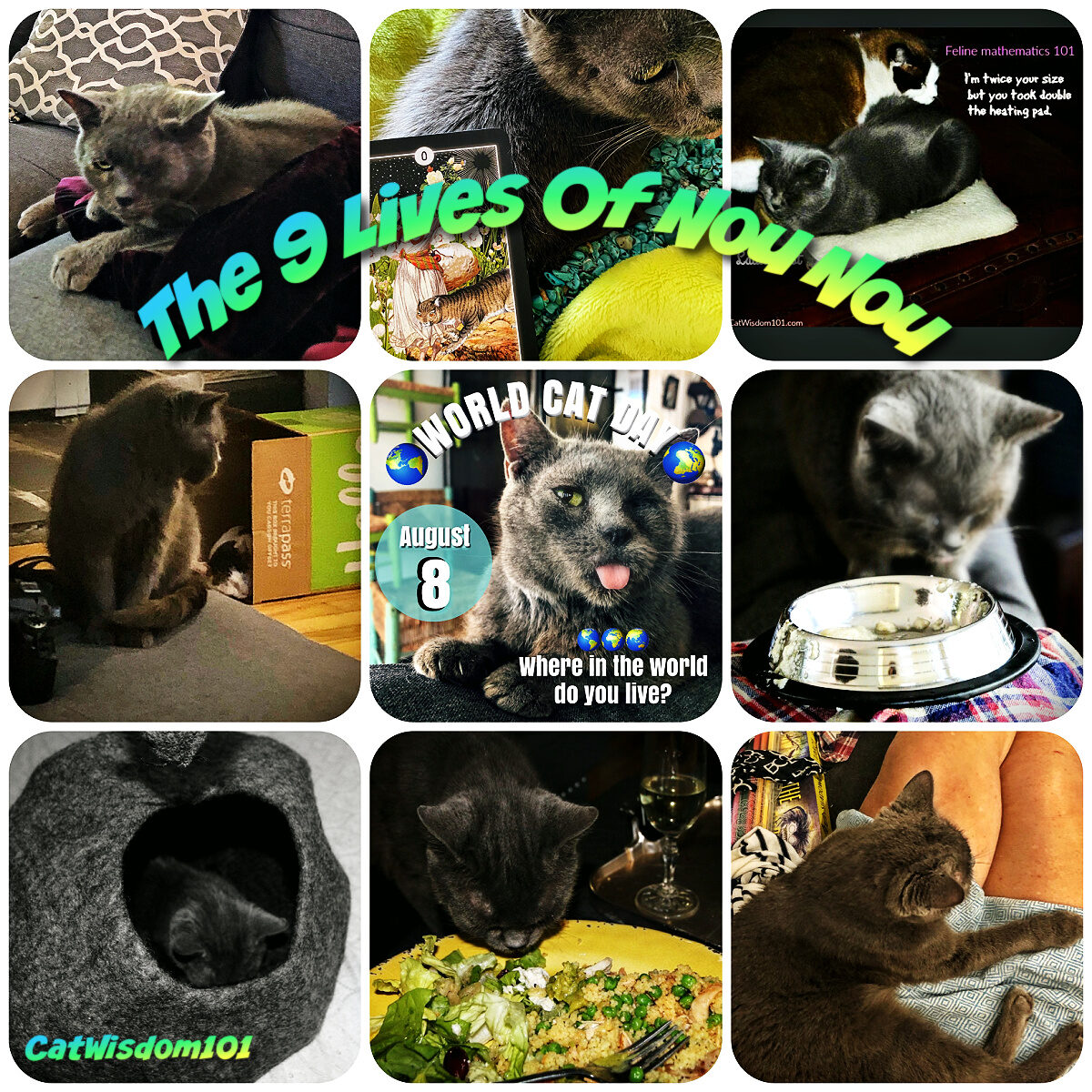
In contrast, my late one-eyed cat, Nou Nou, presented significant challenges. Rescued from a hoarding situation, she struggled with neurological and behavioral issues for her entire life. While I loved her deeply and committed to her costly care until the end, I must honestly say that if given the choice again, I might make a different decision.
This admission may seem harsh, but it speaks to the reality of long-term care for cats with complex needs. It’s a decision that requires careful consideration *before* committing to adoption.
The Evolution of Compassion
It’s worth noting how dramatically our approach to animal welfare has changed over time. In the late 1980s, when the photo of me with cats in Italy was taken, a seriously disabled cat would have had virtually no chance of rescue.
Euthanasia was often considered the most humane option, and the idea of crowdfunding thousands of dollars for feline surgery or mobility aids was unheard of.
While our expanded capacity for compassion is commendable, it also raises ethical questions. Until we develop more sophisticated methods of animal communication, we can never be entirely certain of a cat’s subjective experience.
Remember, certain disabilities may worsen in time. Even the healthiest young cat will age and develop unexpected conditions.
Pain management has advanced significantly, but determining an animal’s pain threshold remains an inexact science.
The truth is we will never know for sure if a cat is suffering in silence. Until we make strides in animal communication, I for one would never adopt a severely disabled cat. But every case is different.
A Call for Balanced Compassion
In light of these complex issues, I advocate for a balanced approach to cat adoption and care:
1. Consider adopting healthy shelter cats: There are countless wonderful, healthy cats in shelters who desperately need homes. By choosing these animals, you can make a significant impact without the additional challenges of extreme special needs.
May I suggest adopting Black Cats? 🐈⬛ FYI October is Black Cat Awareness Month.
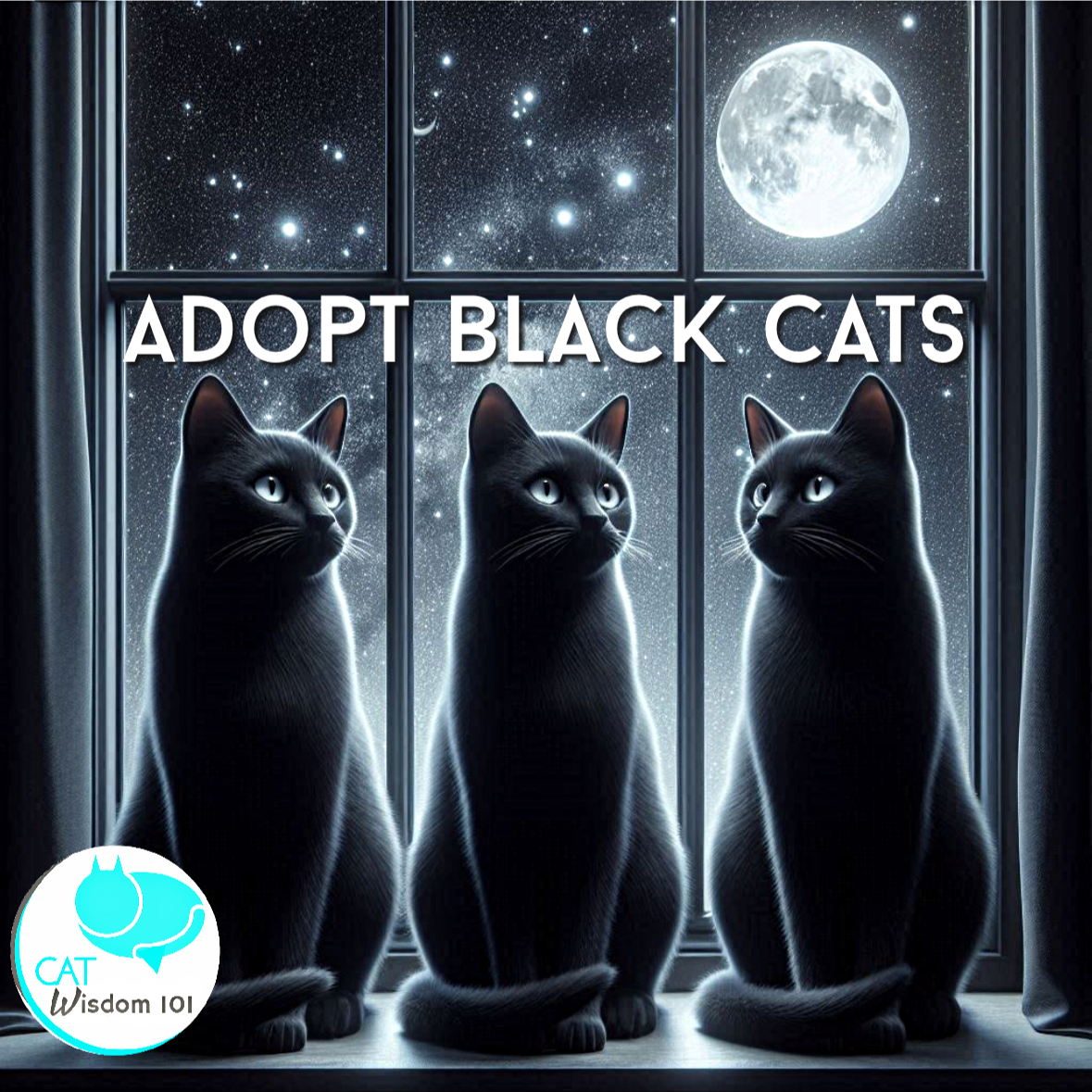
2. Be realistic about your capacity: If you’re drawn to special needs cats, honestly assess your ability to provide long-term care, both emotionally and financially.
3. Support systemic changes: Advocate for and support spay/neuter programs and other initiatives that address the root causes of cat overpopulation and abandonment.
4. Educate others: Share accurate information about cat care, the realities of special needs adoption, and the importance of responsible pet ownership.
5. Value all cats: Remember that every cat, regardless of their appearance or abilities, deserves love and care. Sometimes the most profound bonds form with the most “ordinary” of felines.
In conclusion, while the internet age has brought unprecedented attention to cats and their welfare, it has also created new ethical dilemmas. As cat lovers, it’s our responsibility to navigate these challenges thoughtfully, always keeping the true well-being of our feline friends at the forefront of our decisions.
- Have you adopted a special needs cat? Please share your experience.



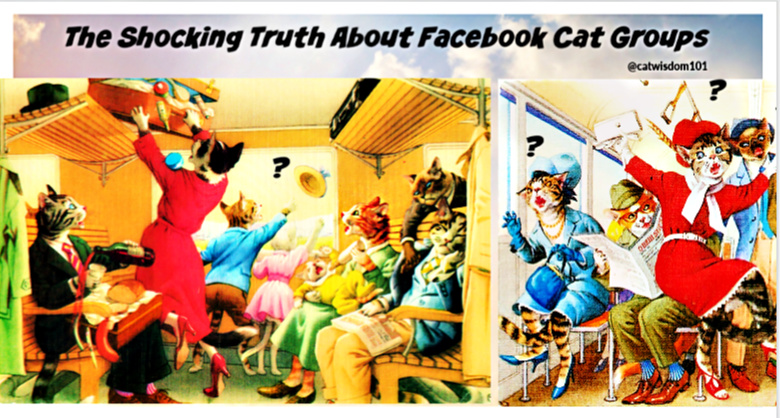

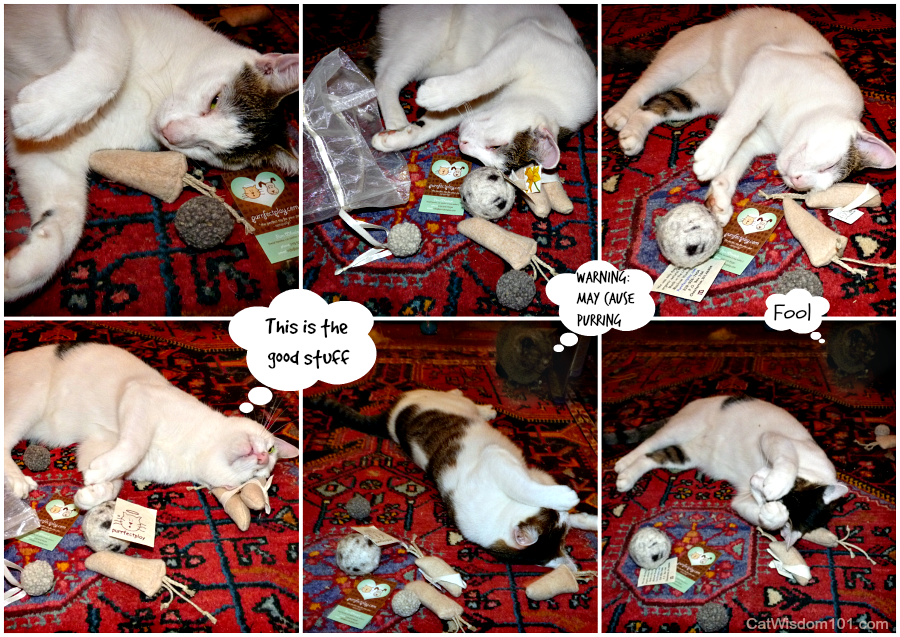
18 Comments
Pingback:
Skeeter and Izzy
Layla I posted a comment the other day but it isn’t showing up when I look at the comments.
🙁
meowmeowmans
We love and value all cats here. We’ve adopted seniors, black cats, and FIV kitties over the years. Oh, and as you as you mentioned, some healthy adult cats, too. 🙂
Layla
Kevin, thanks for being open minded and a true cat adoption advocate xo
Erick Joseph Villano
Thank You for an informative and thought provoking article. As a volunteer in a local rescue group, I can identify with all you have said. I especially like when people want to adopt a senior, so they can enjoy the remaining time they have left. I myself am partial to black cats, having adopted four. Thanks again for all you do for a great cause.
Layla
Erick, thanks so much and for volunteering. Senior cats have a special place in my heart.
Skeeter and Izzy
Praise the powers that be and help us all!
Quality of life is the key to it all!
Misery is not a noble cause for anything and if that misery is also part of exploitation then it is beyond comprehension and acceptance.
We cannot truly love something if we cannot show compassion to it. Compassion involves knowing when to stop the misery and suffering even tho it rips your heart out to do so. The animal that is “rescued ” with special needs or not and does not receive the care, medications etc. that are required for it’s well being and quality of life has not been “rescued” but instead condemned to just another kind of hell.
We give the greastest applause and support to those that know the difference and live the life that truly rescues all living things!
Thank you Layla for putting this out there! Lus to all Skeeter and Izzy nd the Feral Gang >^..^<
Layla
Thanks so much for your thoughtful comment. And it did show up xo
Nancy West
Great post!
Thank you!
Little Miss Titch
It’s the same with rabbits. I see people with special need rabbit posti stories on the rabbits and begging for money and help and I look at those rabbits and feel so sorry for them as they have no quality of life as they can’t move very much and need to be bathed and cleaned up all the time because they get urine and fecal matter all over them, they need lots of meds, need to be given fluids and hand fed and for what just to prolong its suffering to make a person feel good that they are “Saving” a animal and to me that is the ultimate cruelty to subject an animal to a life like that. Having had rabbits in the past with different issue like my first rabbit Caramel, from a baby he was prone to bladder infections but all that he needed was a course of antibiotics every time and he was fine, then as he got old he developed epilepsy and had to have meds for that but he still had a good quality of life just like any normal healthy rabbit. Then the next one Thumper, he was healthy until he got to about 6 years old and he developed E.cunili which causes head tilt and lots of neurological problem, we caught it just in time to get it treated so that he kept a good quality of life but it was a lot of hard work to help him recover. Then with Speedy he was born with Glaucoma in one eye which eventually had to be removed but he had a fantastic quality of life even as he got older his life was good. But if any of them got to the stage where their quality of life was awful and they were just existing because of my intervention then I would have to make that hard choice to end their suffering because allowing an animal to suffer and have no decent quality of life is the ultimate cruelty. It makes me so mad when I see animals suffering like that in the Name of “Saving them” because who are they saving them for ? Not the pets sake, the pet doesn’t want to live like that xx
Layla
Thanks so much for sharing. I realize this extends beyond cats to all pets
Ellen J Pilch
I see your point. Many just want to say they have a cat with special needs or looks, but they don’t know how to care for them or have compassion for all the “normal” cats needing homes too. For example, a local tv station had posted a cat that had quite the story and got hundreds of applications to adopt her, but when they were not chosen for that cat, they had no interest in saving another. So sad. XO
Brian's Home ~ Forever
Hey Layla, you did a wonderful job on this really complicated issue, bravo!
Layla
Thanks so much. I appreciate your support!
Carol
Thank you for this excellent -and important- article.
Layla
Many thanks for your support!
Carol
Dear dear Layla, forgive the double comment… on first attempt it did not appear that it had gone thru… but certainly does bear repeating to thank you for not only this article but to thank you for all you have done on behalf of our feline friends… thank you for being their Voice…
Carol
Wonderful and important article… thank you so much!!